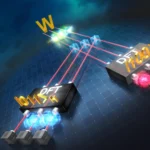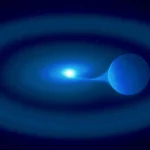Scientists just took a big step toward the quantum internet
A Danish-German research collaboration with participation of the Helmholtz-Zentrum Dresden-Rossendorf (HZDR) aims to develop new quantum light sources and technology for scalable quantum networks based on the rare-earth element erbium. The project EQUAL (Erbium-based silicon quantum light sources) is funded by the Innovation Fund Denmark with 40 million Danish crownsContinue Reading




















